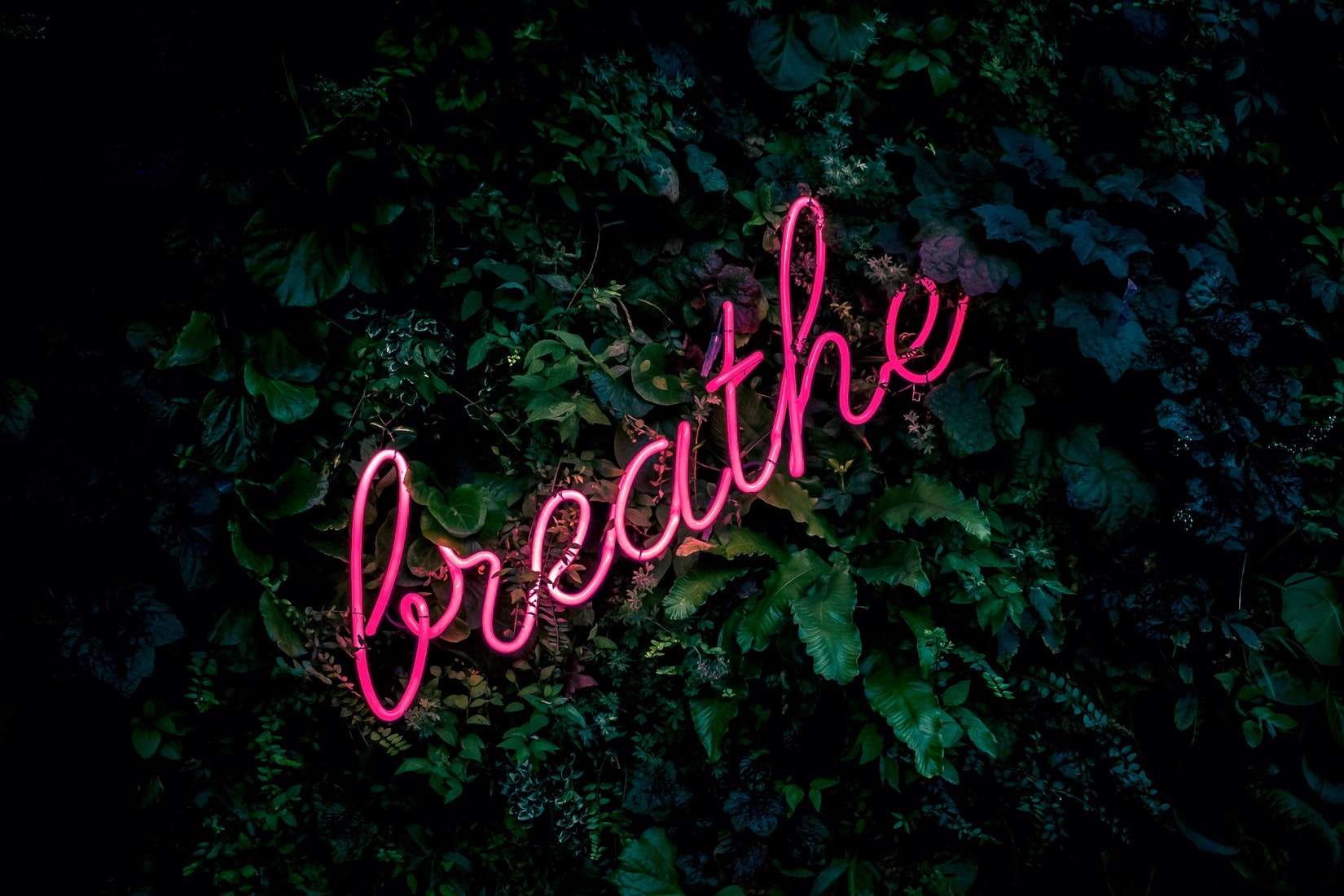In today’s fast-paced modern society, dealing with stress is an inevitable part of our daily lives. However, experiencing stress for long periods of time can negatively impact your physical and mental health in the long run. While we may not be able to control when stressful situations happen, we can definitely find effective ways to cope with it.
In this article, we give you 7 simple strategies to manage stress and anxiety!
1. Pause and take a deep breath

Before doing anything else, pause for a moment and take in a deep breath. Breathing deeply helps your brain to calm down and relax. This will help to slow down your heart rate, so that jittery feeling that comes with stress will go away.
If you have more time, try this simple breathing exercise that you can do whether you’re sitting or standing:
- Place your feet flat on the ground, and make sure they are about hip-width apart.
- Breathe in with your nose for five seconds. As you do so, feel the breath travel down and fill your belly
- Hold the air for five seconds.
- Breathe out slowly through your mouth for five seconds, and feel the air leave your body.
- Do this for about 3 – 5 minutes, focusing on your attention on your breath.
2. Hit The Gym

One great way to ward off mental stress is to put physical stress on your body. Exercise triggers the release of endorphins in your brain, which improves your mood and reduces feelings of pain. Exercising also suppresses the release of stress hormones, improves sleep quality and boosts self-confidence.
Additionally, sometimes it just feels good to sweat all our negative feelings out!
3. Pen Down Your Thoughts

Sometimes, the simple act of writing down your thoughts can help you to gain a better perspective of the issues that are bothering you. Invest in a good journal to jot down any positive things that happened in the day, no matter how small they are. You can also write down what you’re grateful for, so you can look back at it when you’re feeling down.
4. Get Out And About

Getting some fresh air and having a change of environment can help to take your mind off stress. The next time you’re feeling stressed out, why not head outside for a run? This keeps your heart healthy by helping you relieve some stress while making sure you clock your active minutes for the week.
5. Laugh

We all know the old adage ‘laughter is the best medicine’ — it’s much easier to deal with things when you’re in a better mood. Plus, it’s also good for your health; laughing not only reduces stress, it relieves tension and improves your immunity and mood. Watching a comedy or reading comics are a few great ways to start cracking up!
6. Meditate

If you’re ready to move up to something more complex than breathing, try to run through a few meditation exercises. Those who practice meditation regularly find that they have better self-awareness and can better manage their emotions. It takes some time before you may get used to meditating, so take it slow and try your best!
A few simple tips to get you started are:
- Find a comfortable position to be in, although make sure you don’t end up falling asleep
- Focus on your breathing. When you find your thoughts wandering, bring your attention back to your breath. Some find it helpful to count their breaths, as a way to focus.
- Build it into your routine so that it becomes part of your daily practice. A good time would be when you first wake up or when you are about to go to sleep
You can also include more opportunities to practice mindfulness in your daily life, to help you stay more grounded in the moment.
7. Play With Your Pet!

For those lucky pet owners, spending time with your pet can calm you down and improve your mood. Playing with pets can stimulate oxytocin, a substance secreted by your brain that regulates your mood, making you feel more positive. If you don’t have a pet, consider heading down to a pet shelter to volunteer your time. Helping others has been proven by research to help us feel better about ourselves.
If you’re struggling with overwhelming stress, consider seeking professional help. Speak to a mental health expert discretely over the Doctor Anywhere app.







